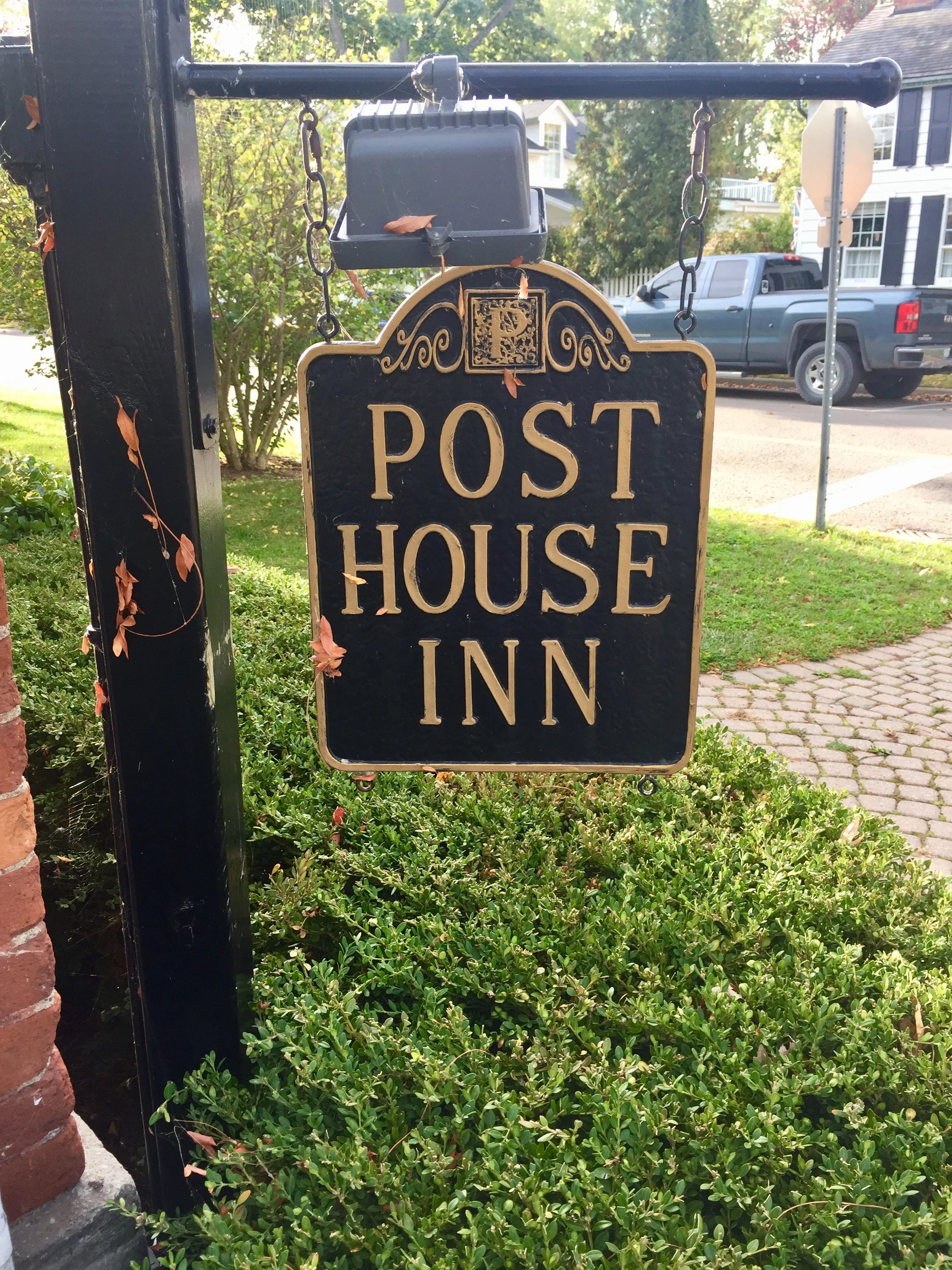Fallas de Denia
The Catholic Church plays a prominent role in Spanish culture and is deeply intertwined with religious traditions. As a result, many of the most important holidays and celebrations in Spain are held in honor of religious figures.
Denia, a Spanish city on the Mediterranean coast, is home to an annual festival in recognition of Saint Joseph and is said to have the most elaborate fellas in Spain. Residents of the city spend the entire year preparing for the celebration, which lasts for five consecutive days. Each neighborhood’s activities are orchestrated by a chosen leader, who takes responsibility for raising the funds that will finance the most important aspect of the festival: the neighborhood’s falla.
A falla is a large monument erected originally with cardboard and papier-mâché but over the past few years has included polystyrene. Firecrackers and other pyrotechnics are often included in its construction. The name Falla,of which is derived from the Latin word for “torch,” is to be burned which is what happens to them at the end of the festival. Each year, at the culmination of the festival, the neighbourhoods along with their local band celebrate the incineration, the result of their 360 days of preparation.
The celebrations, of course, include much more than the burning of fallas. Each morning, brass bands play throughout the streets of Denia to awaken its residents for the festivities.starting as early as 7am. Many of the neighborhood coordinators follow the bands, igniting firecrackers along the way to ensure that no one misses La Despertá (“the awakening”). The consumption of fireworks is immense as this year was said to be 50 tons were used throughout the festival. Children as young as 2-3 are given tiny balls that when dropped or stepped on create a big bang. Older children light firecrackers with wicks to lighters many unsupervised. While many take to setting off their own fireworks during Las Fallas, every day also includes a professionally coordinated show during the afternoon at 2pm for the daytime fireworks and 8pm for the nighttime fireworks at each neighbourhood. For the full festival, it seems like there is no break in the explosions. The neighbourhood committees all dress in local costumes (some costing thousands of euros) and parade through the streets with their bands.
The religious purpose of the festival is never forgotten in the midst of the explosions. Although Las Fallas is dedicated to Saint Joseph (Father's Day), a great deal of emphasis is also placed on the city’s patron, Virgen de los desamparados (“Our Lady of the Forsaken”). Residents bring flowers to a large statue of their Lady (which is not burned at the end of the celebrations), ultimately leaving her adorned from head to toe in their tributes. Masses are held periodically, both in churches and in the streets.
On the evening of the final day of the festival, each neighborhood parades through the town to its falla in a designated location in the city. The monuments are ignited throughout the night in reverse order of placement in a competition., and the burning fallas are accompanied by more firework displays across the city. Fire crews are on constant watch to prevent the fires from spreading to permanent structures as some of the falls are situated in some very tight alleyways.
Visitors and tourists can enjoy many culinary traditions in addition to the cultural. Vendors cook paella, a classic Spanish dish, in large pans over open fires. This Spanish staple, often consisting of rice, seafood, and meat or chicken, is also sold at neighborhood dinners throughout the year as a way of raising money for the festival.
Although Las Fallas is a well-established tradition in Denia, its origins are not entirely clear. It is believed to have originated during the Middle Ages, and slowly evolved from burning scrap materials to wax dolls before it reached its current form. Regardless of its history, Las Fallas remains a lively and unique festival, exhibiting Spain’s strong faith in a form entirely its own.






